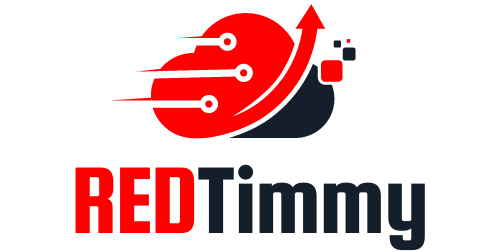Conflict is a normal part of working together, but how we deal with it matters a lot. Good communication is key to solving conflicts.
It turns disagreements into chances to grow and work better together. By learning how to communicate well, you and your team can handle conflicts with ease.
Today, we will show why good communication is important for solving conflicts. It will also give you tips to improve your skills at work.
Key Takeaways
- Embrace conflict as a natural aspect of teamwork that can lead to positive outcomes.
- Implement effective communication techniques to address issues promptly.
- Utilize active listening to understand different perspectives during disputes.
- Encourage openness and honesty among team members to facilitate dialogue.
- Build an atmosphere of trust to enhance collaboration and conflict resolution.
The Importance of Communication in Conflict Resolution
Effective communication is key to solving conflicts at work. It helps calm tense situations and clear up any confusion. Talking things out clearly is crucial for finding solutions. It lets everyone share their thoughts and feelings safely.
Why Effective Communication Matters
Poor management and poor communication often leads to misunderstandings at work. The American Management Association found that most conflicts come from not communicating well. Without clear communication, people might misunderstand each other, making things worse.
Good communication helps avoid these problems. It makes working together smoother and more productive.
Common Communication Barriers in the Workplace
There are a few common barriers to good communication at work. These include:
- Hierarchical gaps that prevent open communication
- Lack of trust among team members
- Emotional tension during discussions
- Cultural differences that impact understanding
These barriers can cause everyday misunderstandings and ongoing problems. To improve the work environment, it’s important to recognize and overcome these barriers. This leads to better communication and stronger relationships in the team.
| Communication Barrier | Description | Impact on Conflict |
|---|---|---|
| Hierarchical Gaps | Communication is obstructed by organizational structure. | Leads to misunderstandings and delays in resolution. |
| Lack of Trust | Team members feel reluctant to share concerns. | Inhibits open dialogue and escalates conflicts. |
| Emotional Tension | High emotions cloud rational communication. | Prevents constructive discussions and solutions. |
| Cultural Differences | Diverse backgrounds lead to varied interpretations. | Facilitates misunderstandings and communication breakdowns. |
Essential Strategies for Conflict Resolution

Good communication is key to solving conflicts at work. Knowing how to talk and listen can make things smoother with your coworkers. These tips will help you listen better and share your feelings in a good way.
Active Listening Techniques
To help solve conflicts, it’s important to really talk and listen. Using active listening can make you a better listener. Here are some ways to do it:
- Maintain eye contact to show you’re interested.
- Nodding to show you understand.
- Ask questions to get a better understanding.
When you show you get someone’s feelings, it helps everyone talk better. This makes solving problems together easier.
Clarifying and Paraphrasing Statements
When you make things clear and repeat back what someone said, it helps avoid misunderstandings. It shows you care about what they’re saying. Here are some ways to do this:
- “So, what I hear you saying is…”
- “If I understand you correctly, you feel…”
This helps make sure the message gets across and improves how well you listen. It also makes it easier to accept constructive feedback.
Conflict Resolution: Fostering a Collaborative Environment

Creating a culture of open dialogue is key to solving conflicts well. When team members share their thoughts and concerns freely, a collaborative environment grows.
Regular meetings help with clear communication, making sure everyone is aligned and can share their ideas.
Encouraging Open Dialogue Among Team Members
Open dialogue builds trust in the workplace. It lets team members share their opinions without fear, leading to better solutions. A culture where every voice is heard brings in diverse views, improving communication.
Building Trust and Respect in the Workplace

Trust and respect are vital for good team communication. Building trust means being open in decision-making and keeping promises.
When team members feel their ideas are important, they feel more connected, making the team more engaged.
This leads to a better work environment where conflicts are seen as chances to grow, not just problems.
Summary
Effective communication is key to solving conflicts at work. By using strategies like active listening and “I” statements, you can turn tough talks into helpful discussions. These strategies help solve problems now and make work better in the long run.
Creating a space where everyone feels safe to speak up and trust each other is crucial. When everyone uses these skills, the team works better together.
FAQ

